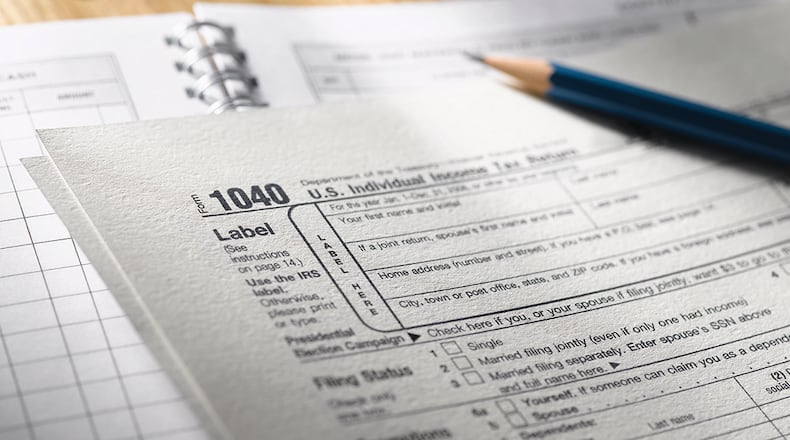· Ask family and friends for recommendations of tax preparers they use and trust.
· Consider reputation, years of service and the variety of tax forms he or she has experience completing. Make sure they have positive online reviews.
· Check to see if they have the right credentials. For example, they should be a certified public accountant, a tax attorney or an enrolled agent. Are they members of a professional association, such as the National Association of Tax Professionals or the American Institute of Certified Public Accountants?
· Check if the preparer has a Preparer Tax Identification Number. All paid tax preparers are required to have one.
· Determine if the tax preparer will be around in the future. Problems might arise after your taxes are filed. Will they be available in case of an audit?
· Make sure the tax preparer offers IRS e-file. The IRS requires all paid preparers filing more than 10 returns a year be enrolled in electronic filing system. This is also the quickest way to get your refund.
· Never use a tax preparer who offers to file your return using your last pay stub instead of your W-2, this is against IRS rules.
· Discuss costs in advance. Tax preparers might have multiple fees, such as an e-filing charge or charging for each federal, state and local filing. Most charge by the hour, but if they charge by a percentage of your refund or promise bigger refunds than competitors, find someone else.
· Ask how clients’ information is protected. See if they protect against computer breaches. Also, ask how many people might see your information.
- Never sign a blank return form. Make sure your tax preparer signs your completed tax return and keep a copy for your records.
If you fall victim to a tax scam, report it to BBB.org/scamtracker and to the IRS. You can also visit BBB.org or call 937-222-5825 or 800-776-5301. To get a list of BBB accredited tax preparers and Business Profiles on ones you’re considering.
About the Author
